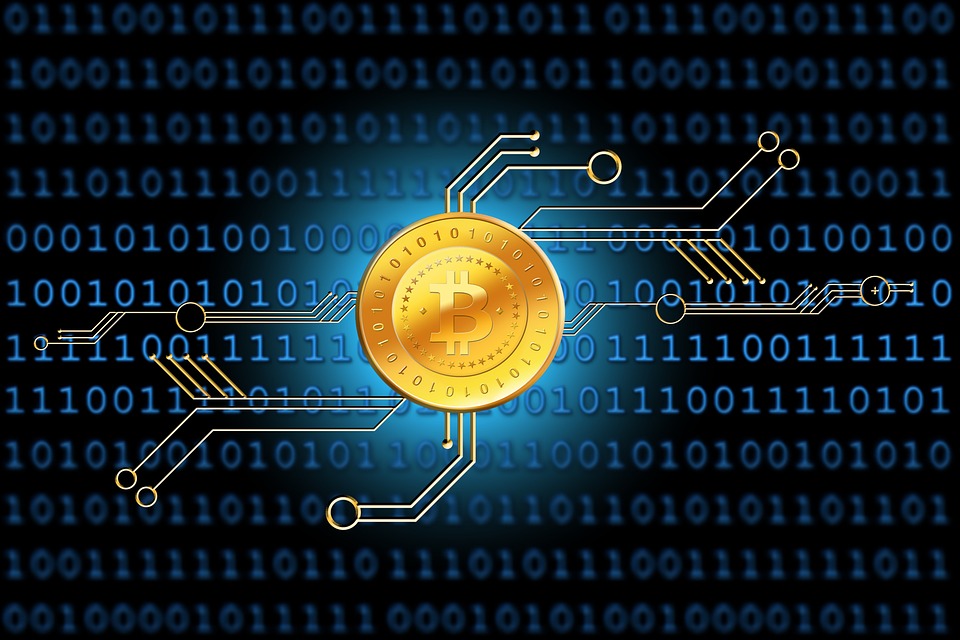Introduction
As the digital landscape continues to evolve, the importance of security and privacy in cryptocurrency networks has become increasingly paramount. The Pi Network, a novel cryptocurrency project, has garnered attention for its unique approach to mining and user engagement. However, as with any digital platform, understanding the security and privacy measures in place is crucial for users. This article delves into the security and privacy aspects of the Pi Network, providing users with essential information to navigate the platform safely.
Understanding the Pi Network
The Pi Network is a decentralized cryptocurrency project that aims to make cryptocurrency mining accessible to the average user. Unlike traditional cryptocurrencies that require significant computational power, Pi allows users to mine coins via a mobile app. This innovative approach has attracted millions of users worldwide, but it also raises questions about the security and privacy of its network.
Security Measures in the Pi Network
The Pi Network employs several security measures to protect its users and the integrity of the network. One of the primary security features is its consensus algorithm, the Stellar Consensus Protocol (SCP). SCP ensures that transactions are validated by a network of trusted nodes, reducing the risk of fraudulent activities and double-spending.
Additionally, the Pi Network requires users to verify their identity through a Know Your Customer (KYC) process. This step helps prevent malicious actors from exploiting the network by ensuring that each account is linked to a real individual. The KYC process is conducted through third-party providers, which adds an extra layer of security.
Privacy Considerations
While the Pi Network takes steps to secure its platform, users should also be aware of privacy considerations. The KYC process, while necessary for security, involves sharing personal information with third-party providers. Users should ensure that these providers adhere to strict data protection standards to safeguard their personal information.
Furthermore, the decentralized nature of the Pi Network means that transaction data is stored on a public ledger. Although these transactions do not directly reveal personal information, users should be mindful of their activities on the network and consider using additional privacy measures if needed.
Best Practices for Users
To enhance security and privacy while using the Pi Network, users should adopt several best practices. Firstly, it is essential to use strong, unique passwords for the Pi app and any associated accounts. Enabling two-factor authentication (2FA) adds an additional layer of security to protect against unauthorized access.
Users should also be cautious when sharing personal information online and ensure that they are using the official Pi Network app and website. Phishing scams and malicious apps can pose significant risks, so verifying the authenticity of any communication or application is crucial.
Conclusion
The Pi Network offers an innovative approach to cryptocurrency mining, making it accessible to a broader audience. However, as with any digital platform, understanding the security and privacy measures in place is vital. By staying informed and adopting best practices, users can enjoy the benefits of the Pi Network while safeguarding their personal information and digital assets.




